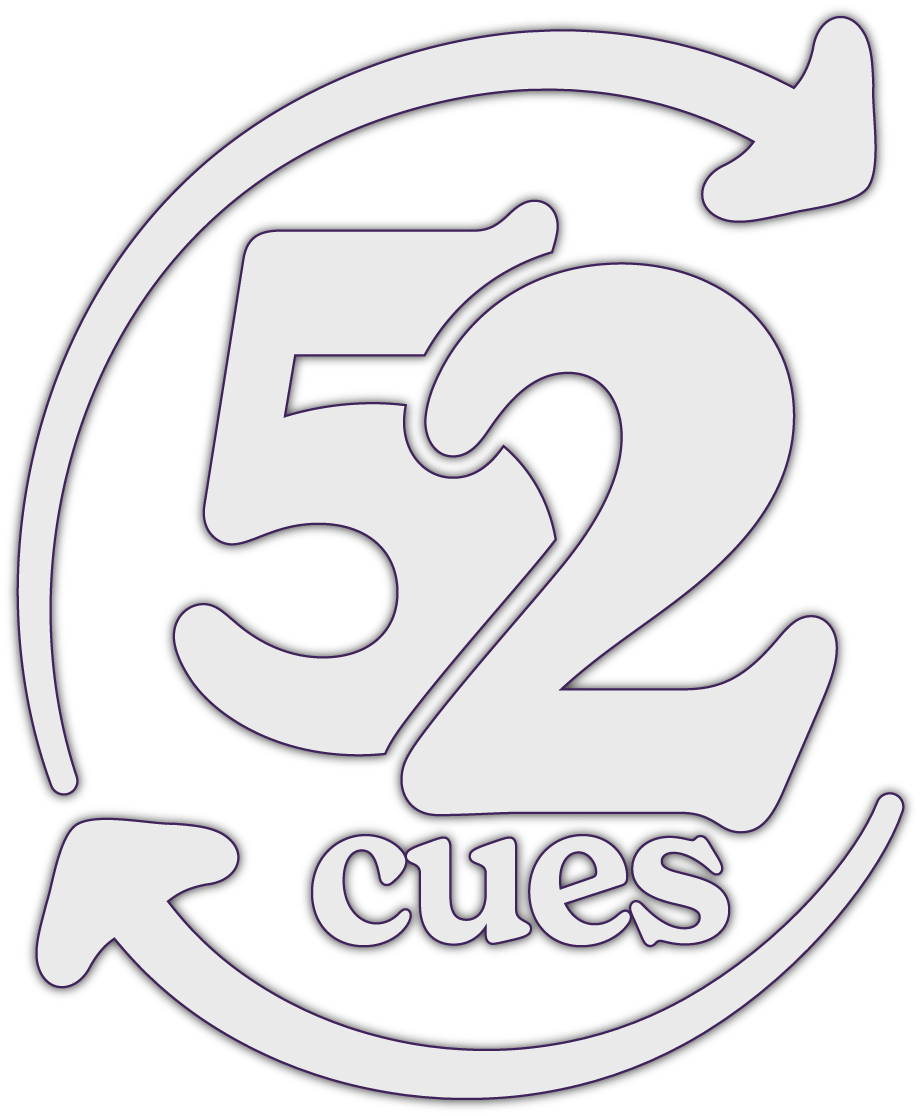Watching the Impact of AI on Music Production
The Ongoing Conversation Around AI in Production Music
Folks, it looks like the conversations around AI will continue for a while. It’s a new technology that affects us very personally. We’ve already seen other arts industries like film, writers, artists, and graphic designers walk through the fire on this topic. As musicians and composers, we might have felt like we might dodge this particular bullet. That was probably wishful thinking.
So the conversation is here, and here to stay. We can take heart from our brothers and sisters in the other arts industries; though those disciplines certainly don’t have it all figured out yet, entertainment and arts media are still going strong.
During a recent live stream, I used Sumo AI to generate a custom reference track, but afterward, I received four copyright notices for the same section of the AI-generated drum loop.
We've got some things to talk about.
Waiting for Answers...
What this conversation seems to be lacking in the music industry is any concrete answers. I’m seeing lots of discussions about the nature of creativity and the human soul. I'm seeing fewer, but still substantial and needed, conversations about the technology involved in AI music generation. All of these are timely and necessary.
But mostly I’m also seeing lots of worry and projection of fears which may or may not be grounded in any sort of reality...which is why I think the most recent 52 Cues Podcast kicked up some conversations around the composer neighborhood.
The Copyright Conundrum
In case you haven’t seen the podcast yet, here’s the back story: Dave recently did a 2-part Composing Livestream where he demonstrated creating AI tracks to serve as custom references, generating ideas for his own human-made compositions. Taking a cue from the graphic arts folks, Dave was demonstrating that AI has its place in the creative process of living musicians.
What we didn’t expect was 4 (FOUR!) separate copyright flags on the YouTube backend, all generated by the same 60-second, AI-generated drum loop that Dave was using for demonstration. This has some far-reaching implications and raises questions about the sources of AI learning, the originality of what AI can produce in the music realm, and whether would-be composers have already started copyrighting AI-produced music.
How this Affects Visual Media Creators...
Though we will have to wait to find the answers to these questions (and, by the way, many thanks to SAG-AFTRA for being among the first to address these issues industry-wide), one thought has emerged for me: YouTubers who make their living from the platform won’t want the unplanned copyright flags and strikes, especially when they have no control over what--and how much--these strikes will cost them in revenue sharing or damage to the channel.
Extrapolate that further and it seems fairly obvious that film, scripted and unscripted TV, sports broadcasting, and visual media producers will be reluctant to take a chance on the legal muckery involved with non-cleared (and potentially non-clearable) music.
...And Why I Think It's Good News for Us
Guess where that points visual media producers? Right back to human composers--whether from royalty-free libraries, sync cues, or bespoke compositions. And until I hear differently, that’s good news for us.
What Can You Do Right Now?
Where have I already seen AI show up in existing libraries? The AI search function.
If you want to do something proactive to get your music placed in our new AI reality, up your metadata game immediately. Here's a podcast episode about metadata to get you started. Dave also did a great Metadata Workshop for our Friends/Family subscribers.
Share Your Thoughts
Thanks for taking a moment to read my thoughts on this. I’ve always got my eye on the backend of this industry we love, and I hope to offer reasonable opinions based on what I’m seeing and hearing in my work with publishers.
If you haven’t already, check out the episode. Please share your thoughts and insights with us!
Most sincerely written by a human,
Shannon Kropf
Publisher Relations
Co-Founder | 52 Cues: The Interactive Production Music Community



